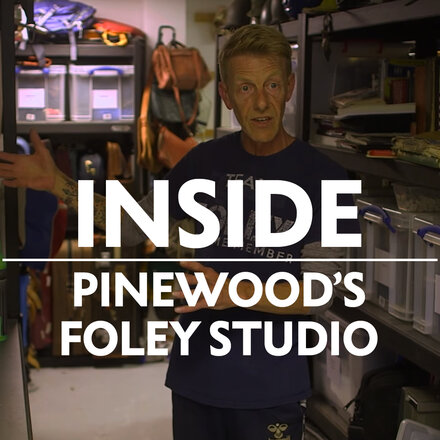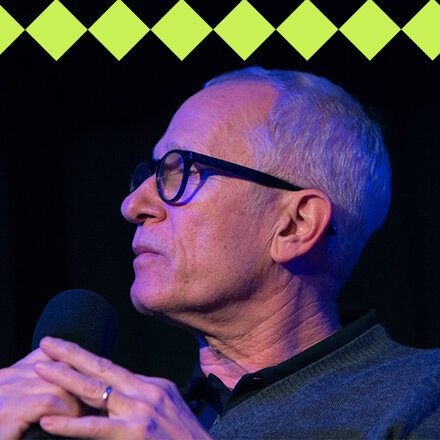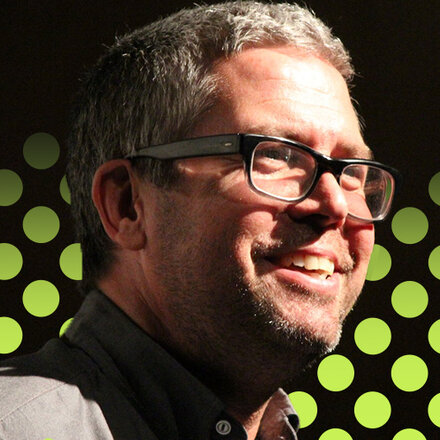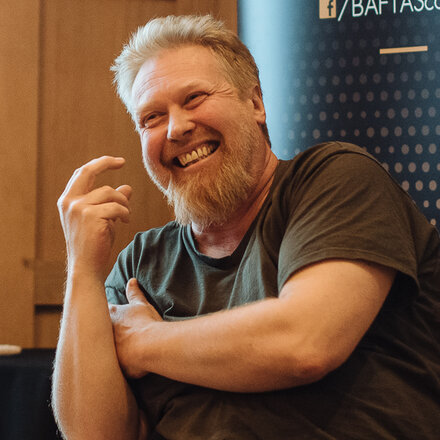The Rain Man soundtrack was designed to revolve around Dustin Hoffman
“We’re inside his head”
The first soundtrack to gain Zimmer acclaim was his work on Levinson’s Rain Man; he explains that a lot of the music was designed to be in tune with Hoffman's performance. Zimmer wrote the soundtrack in Barry Levinson’s office, a stone’s throw from the edit room; the proximity to the edit allowed the pair to collaborate closely on some of the film’s stand-out scenes.
Composing for Hollywood films isn’t as glamorous as it may seem...
“Everything was like a compromise and a heart attack at the same time”
Zimmer states that when he first came to Hollywood, he found its systems slightly outdated; not only was the technology he was using more advanced in Europe, but he found the way composers worked with the directors in Hollywood antiquated. Describing the moment a director hears a film soundtrack for the first time – typically performed with a full orchestra – Zimmer explained that if the director doesn’t like it, “everyone goes crazy”.
The infamous Inception horn has an interesting origin
“We were with a bunch of brass players and a piano with a brick on the pedal and that was that.”
Turns out the loud horn sound effect that runs throughout Inception’s soundtrack was scripted; Zimmer refers to it as a story point director Christopher Nolan brought in – as opposed to just an impressive sound effect. Zimmer explains that when Nolan first came to him with Inception’s plot, he thought it might be difficult for an audience to follow, so he wrote a soundtrack that would be “reassuring” for the audience and help carry them along the film’s journey.
Inception’s most distinctive soundtrack moment almost didn’t make it into the movie
“We questioned ourselves; would people think we were being self-referential?”
Edith Piaf’s Je Ne Regrette Rien crops up throughout several key moments in Inception – but Zimmer reveals that after Marion Cotillard was cast, they almost scrapped the song altogether. Fortunately, the song stayed, and came to make up a key musical cue. Zimmer and Nolan decided to slow the song’s opening notes to indicate the way time stretches in the film – a fact most audiences missed until one keen-eared fan pieced it together.






